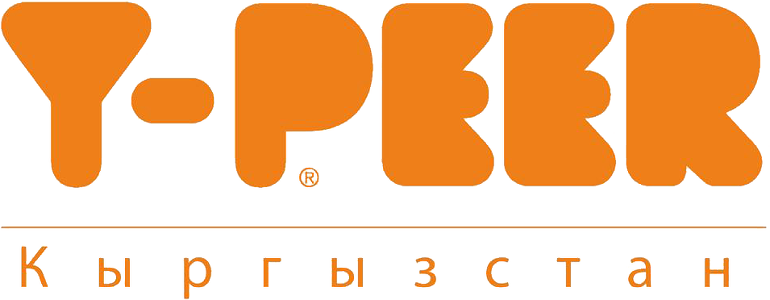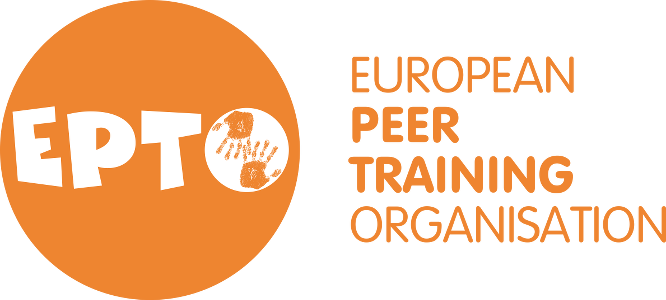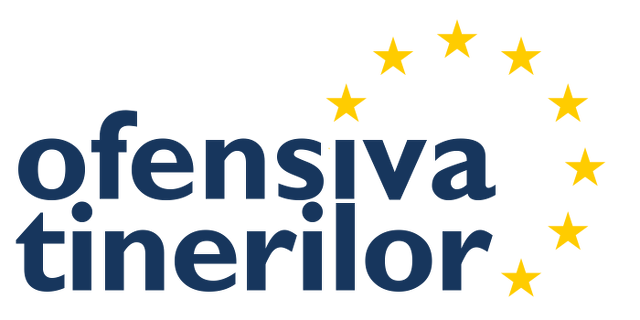Aims and objectives

Our main aim is to develop the capacity of peer education platforms and NGOs for reducing gender-based discrimination. To achieve this we have developed a modern peer education programme by exchanging, adapting and creating non-formal methods and tools which can be used in youth work.
For achieving this, during the project, we have:
- Developed a non-formal training kit for tackling gender based discrimination, that can be used both in rural and urban areas. The t-kit addresses topics like: acknowledging the ways in which traditions and stereotypes influence the attitudes of men and women, encouraging critical thinking on the topic, combating the negative prejudice, encouraging positive social action. Also, it will include specialised sections on developing facilitation skills for organising peer education workshops.
- Created a network of 22 “Peer Practitioners” in the field of promoting gender equality (trainers that are able to facilitate workshops tackling gender based discrimination in youth environment)
- Tested the methods of the T-Kit across communities in Central Asia, East and West Europe, in a minimum of 10 peer trainings, both in urban and rural areas.
- Created a network of 10 “Senior Trainers”, (trainers that will later be able to train other peer educators to facilitate workshops tackling gender based discrimination in youth environment)
- Developed a framework for quality-assurance in peer education adapted to the needs of this type of work, to support the assessment of peer education programs with respect to quality
- Project context
Gender based discrimination is present in a lot of forms both in Europe and in Central Asia, mostly due to cultural misconceptions. About 35% of European youngsters declare that they were discriminated on the basis of their gender (according to the European Youth Forum) and all across Central Asia there are strict cultural standards differentiating what women and men can or should do.

Gender violence, the most brutal form of gender discrimination, is also remarkably high.
In Kyrgyzstan, the custom of bride kidnapping is still widely-practiced – at least 11,800 cases of forced abduction of women and girls happen every year (“Women Support Centre”). Moreover, domestic violence is still high – occurrence increased by 30% in the last 4 years and 90% of victims were women (“National Review of the Kyrgyz Republic in the framework of the Beijing Declaration and Platform for Action”)
In the EU, 33% of women have faced sexual or physical violence during life (EU Agency For Fundamental Rights).
In this context, representatives of Ofensiva Tinerilor (which previously implemented large scale anti-discrimination projects together with EPTO) and Y-Peer discussed about the exchange of good practices in this field.
Given the experience of the partners in implementing anti-biased education peer training programmes and the need for such tools and methods, we have decided to cooperate in order to exchange and create new nonformal methods and tools that can be used for changing the mentality of people with respect to gender based discrimination. We aim to modernise and improve the quality of peer education programmes and develop our two networks’ capacities of tackling gender inequality at society level.
As partners work for 10 years with peer education and in the field of anti-discrimination, these objectives also identify with the their objectives, coming as a continuation and extension of their current activity. In European context, it follows EU’s foreign policy of considering human rights as an essential part of its strategy. It is also in line with the “EU Strategy for a New Partnership in relation to Central Asia”, as it contributes to the developing of Kyrgyz civil society by sharing experience and expertise in areas like human rights and training. It also fits into other EU policies by promoting cooperation with Partner countries, empowering young people by fostering their ability to participate actively in society as educators for their peers, promoting European values such as equality and respect for human rights or fostering initiatives that help societies be more tolerant and non-discriminatory.
Project partners
This project was developed in cooperation by:
Public Union “Youth peer education network Y- PEER”
Y-Peer is a leading youth-led organisations in Kyrgyzstan. It started its activities as a National Network in 2003. The organisation has partnerships with 30 youth NGOs from all regions of Kyrgyzstan, and strong partnership with relevant governmental structures and businesses.
The strategic goals of the organisation include:
- - Strengthening the knowledge and potential of young people on their rights
- - Promoting their interests, especially of vulnerable groups
- - Supporting civil participation of young people through the development of "alternative" lifestyle, by supporting new types of social activities on local and national level.
- - Creation and promotion of new "future role models" and social transformation
- - Reducing the level of daily violence
- - Promotion of peace culture and constructive model of conflict management
- - Involvement of the "unorganized"/marginalized youth to social life of the community.
More info on:
![]() https://www.facebook.com/YPEERKG/
https://www.facebook.com/YPEERKG/
The European Peer Training Organisation (EPTO)
The European Peer Training Organisation (EPTO) exists for 20 years and has trained hundreds of youth, youth workers and teachers across Europe, offering personal and professional development, inspiring “success-stories” with the creation of new legal organisations and informal movements, and helping them tackle exclusion in their own communities. EPTO promotes and develops the methodology of peer education for people in Europe to embrace more serenely their differences and realize their unique potential.
EPTO is a catalyst for active and motivated youth and professionals in the field of education wanting to make a difference. EPTO was created by young people and is led by young people through membership present in about 21 countries. Through trainings, peer forums, multi-day and short-term workshops, newsletters and its website, EPTO coordinates a network of peer trainers throughout Europe who have led workshops for thousands of additional youth and professionals in the last 20 years.
Historically, EPTO has been combining peer education and experiential learning for dealing with diversity issues and tackle all forms of discrimination. EPTO is using powerful training programmes based upon the methods and materials of the Anti-Defamation League - A WORLD OF DIFFERENCE® Institute that equip youthworkers with the tools and competencies they need for creating inclusive environments. One of the relevant implementations of this is the “Fruitcakes” programme, offering peer training tools tackling gender based discrimination and homophobia in youth environments
More info on:
![]() http://epto.org/ ||
http://epto.org/ || ![]() https://www.facebook.com/EPTOorg/
https://www.facebook.com/EPTOorg/
Ofensiva Tinerilor
"Ofensiva Tinerilor” is dedicated to offering young people accessible educational opportunities that help them achieve their full potential. The association is working with and for people belonging to different backgrounds for combating discrimination and promoting cultural diversity, responsibility in the community and decisional transparency in public administration.
Since 2014 we are members of the European Peer Training Organization (EPTO) and together we are promoting the involvement of young people as learners and educators, sharing with their peers their competencies in a spirit of collaboration. Our main area for cooperation is anti-discrimination and developing the learning potential of young people.
More info on:
![]() http://ofetin.ro ||
http://ofetin.ro || ![]() https://www.facebook.com/OfensivaTinerilorArad ||
https://www.facebook.com/OfensivaTinerilorArad || ![]() office[at]ofetin.ro
office[at]ofetin.ro










 The content on this website is licensed under a
The content on this website is licensed under a